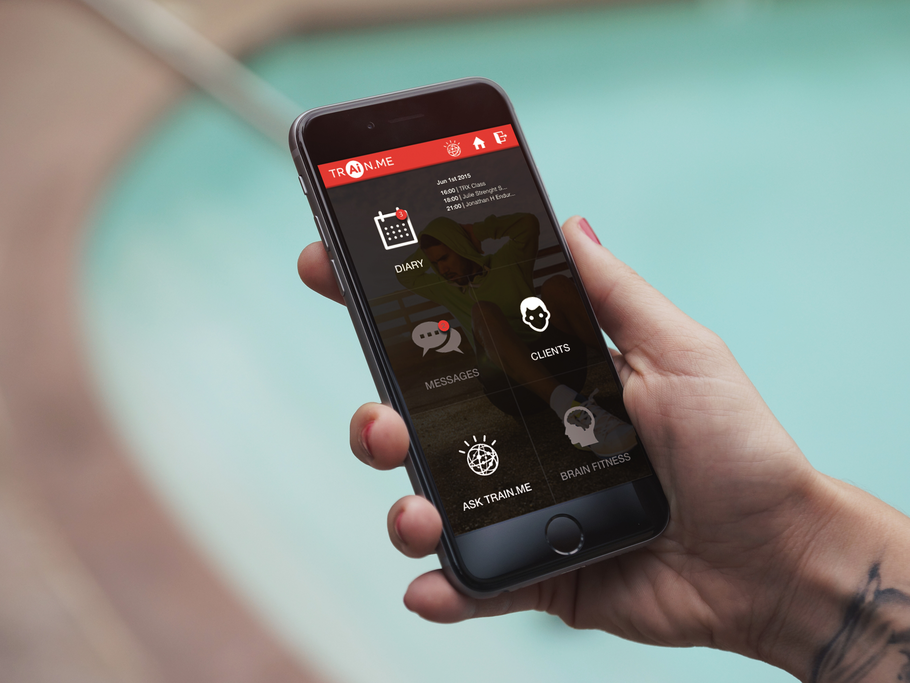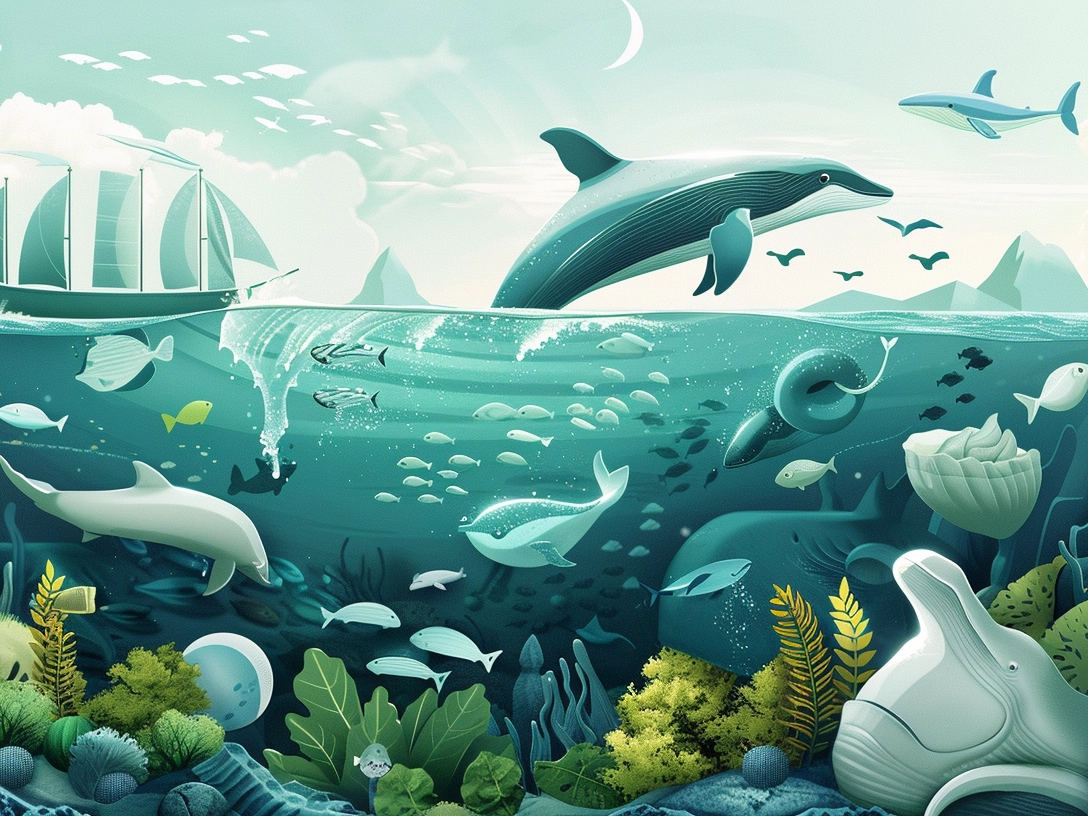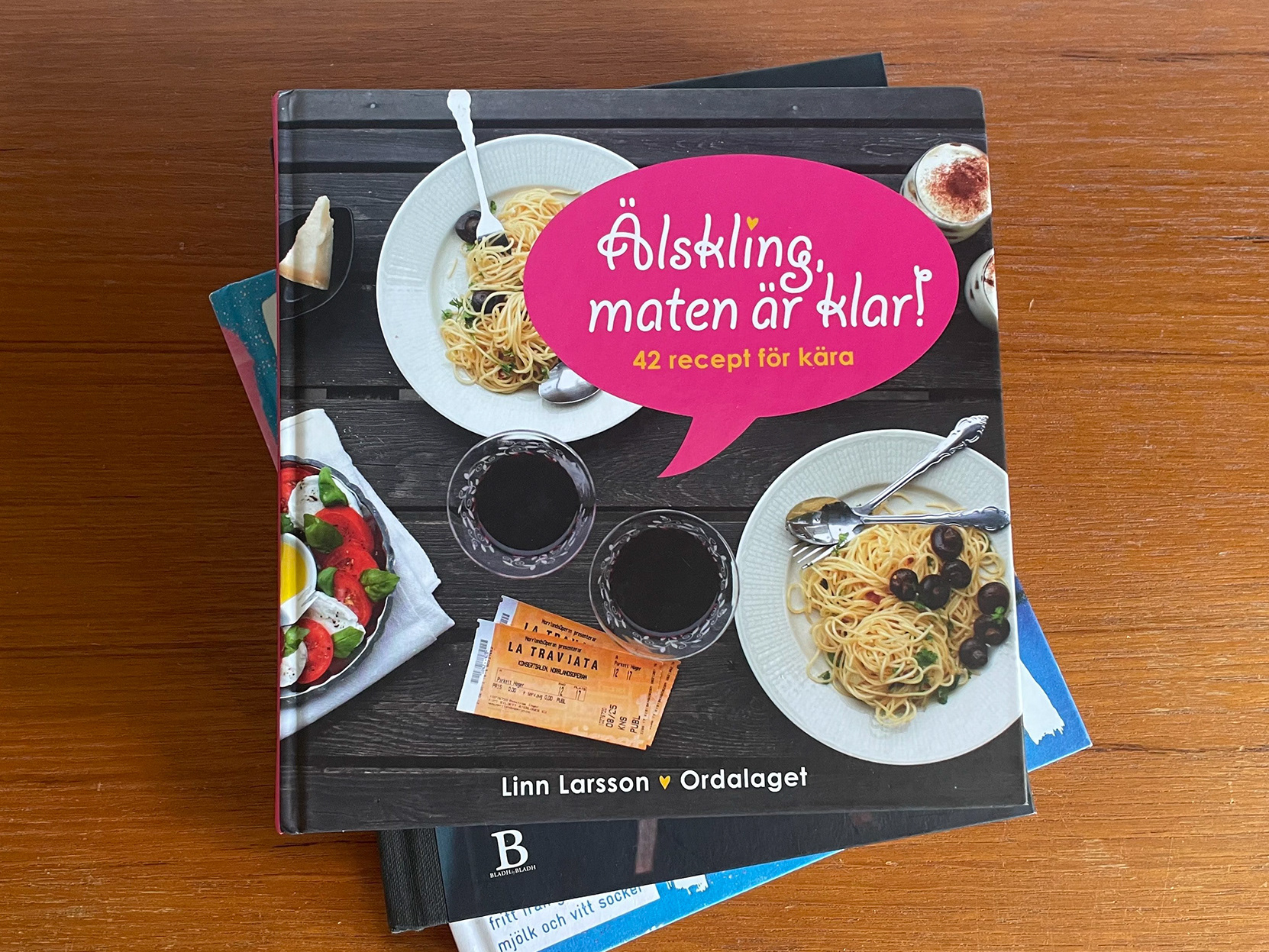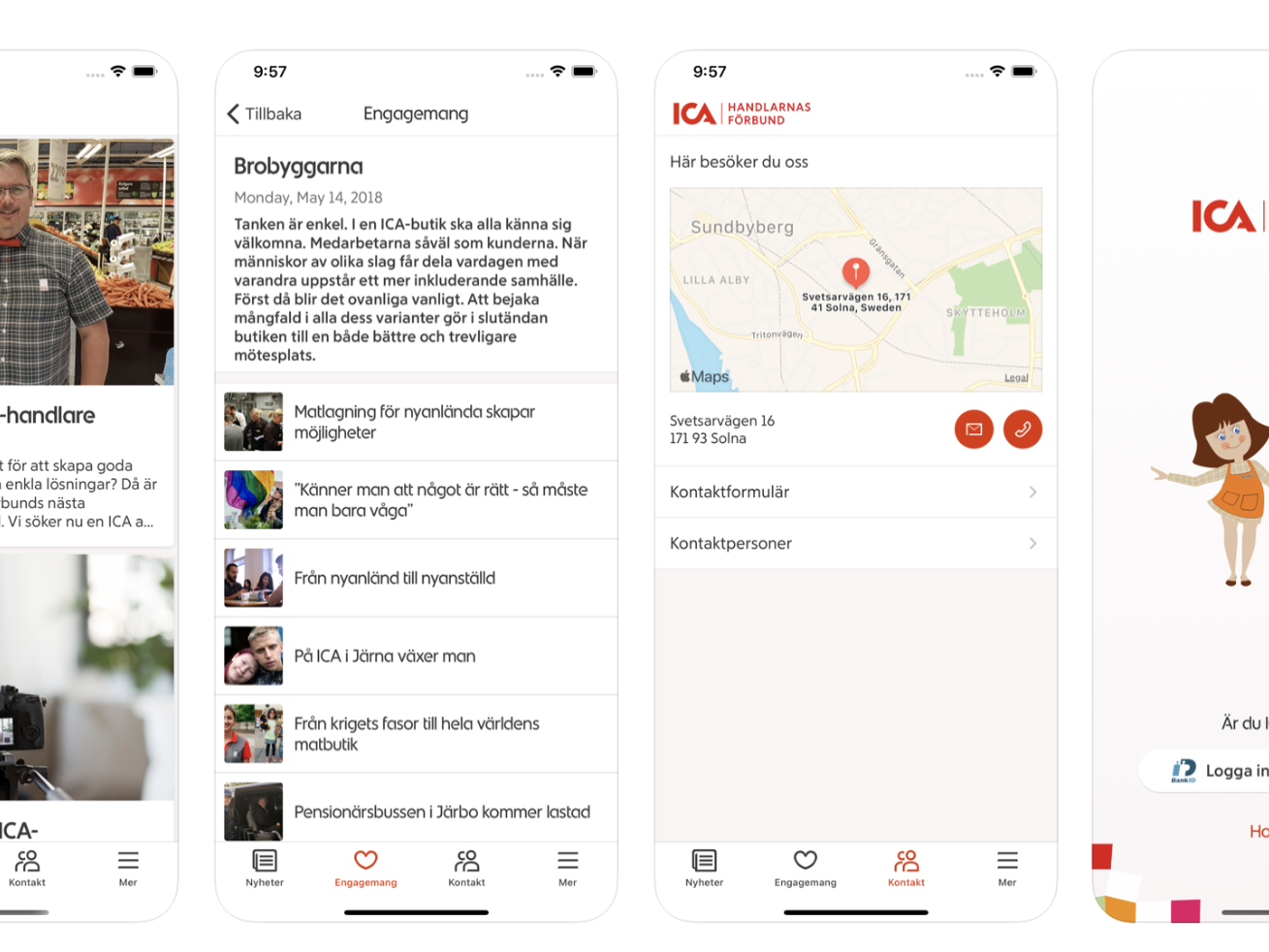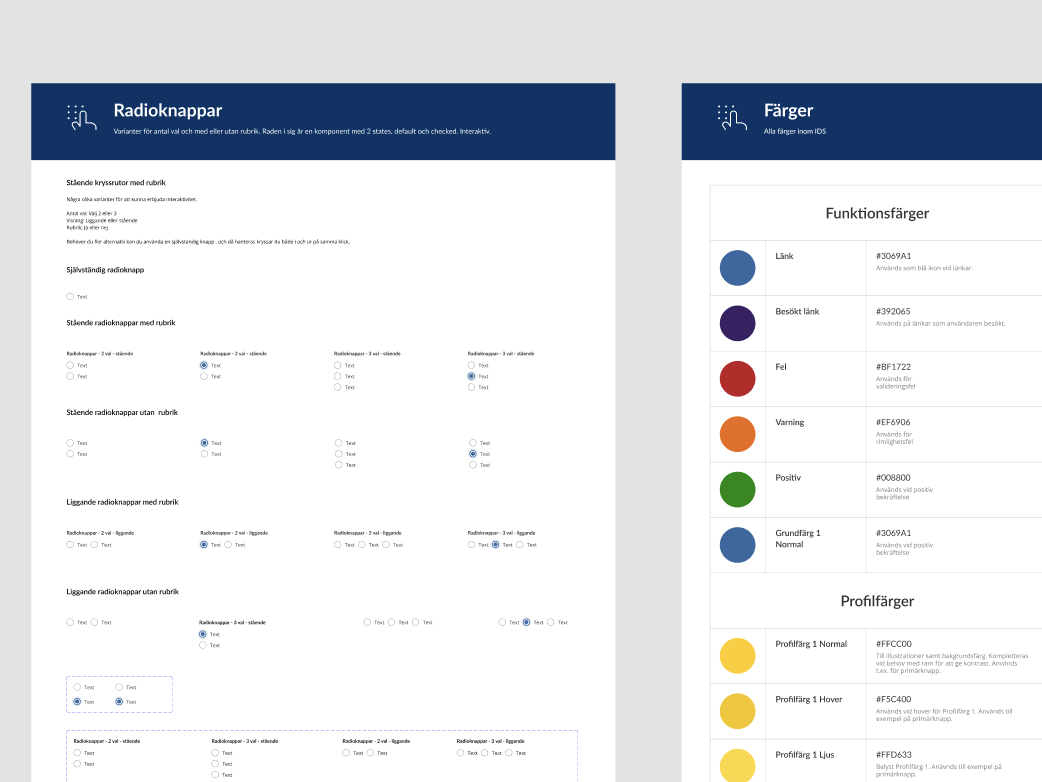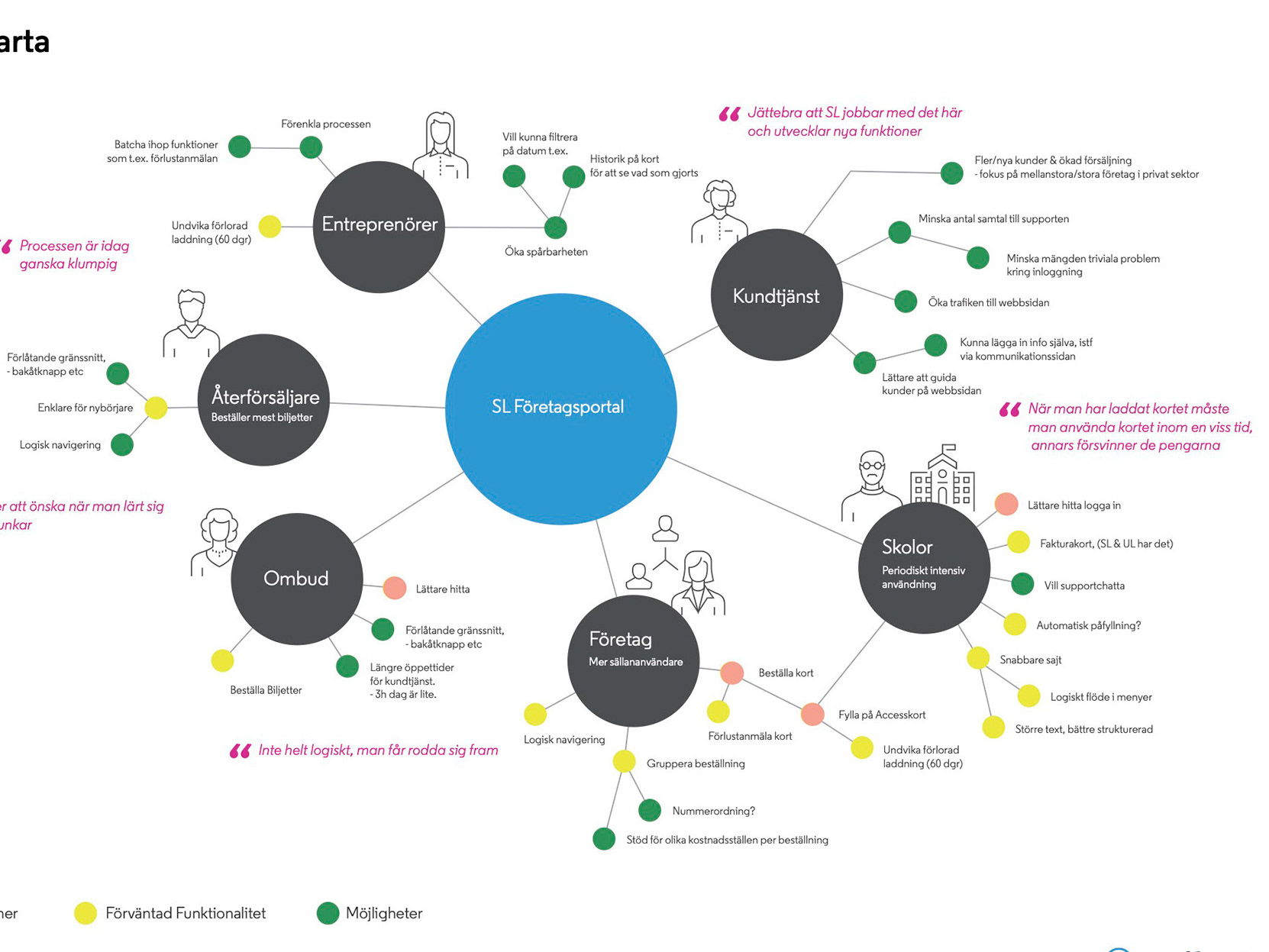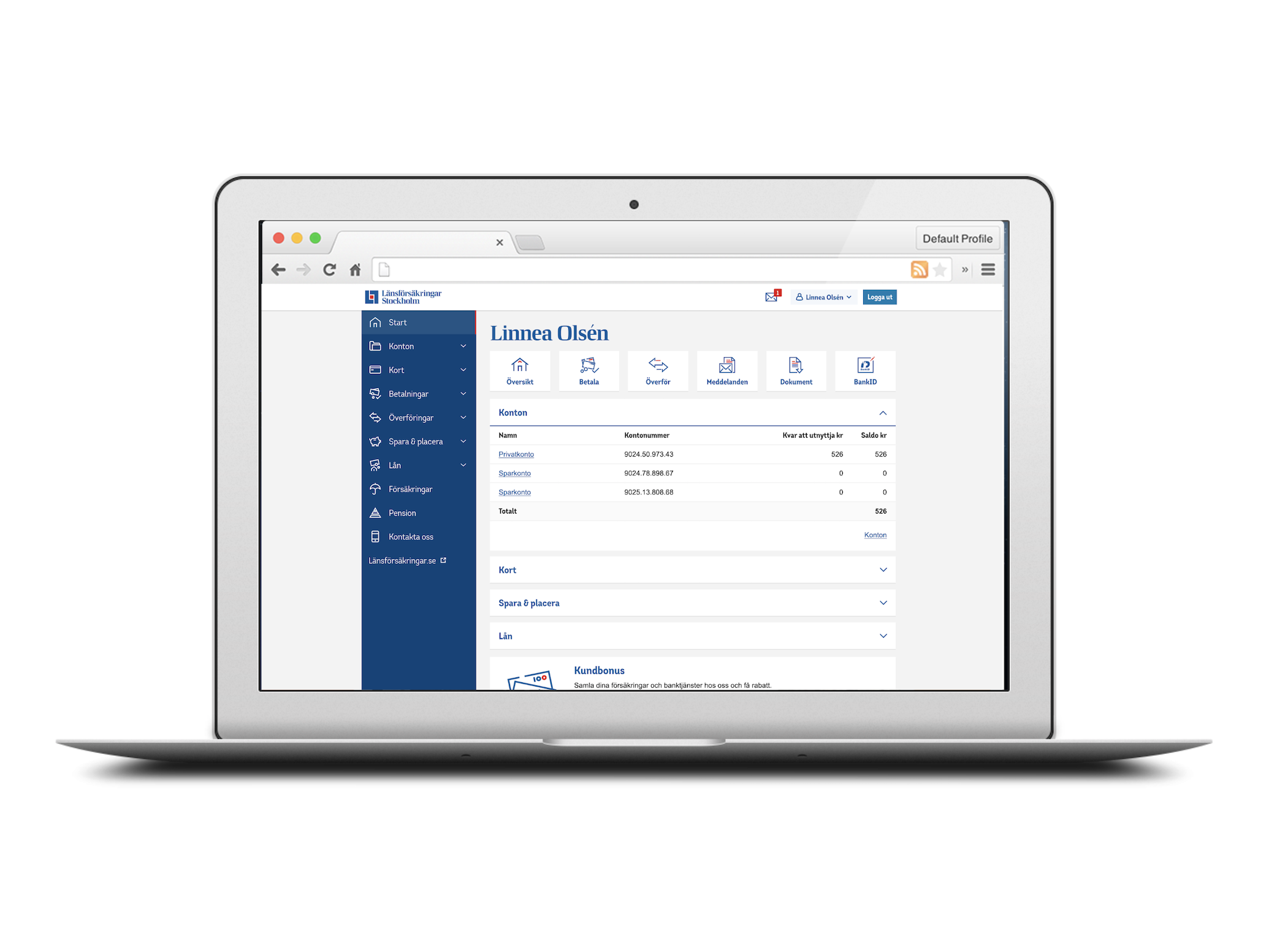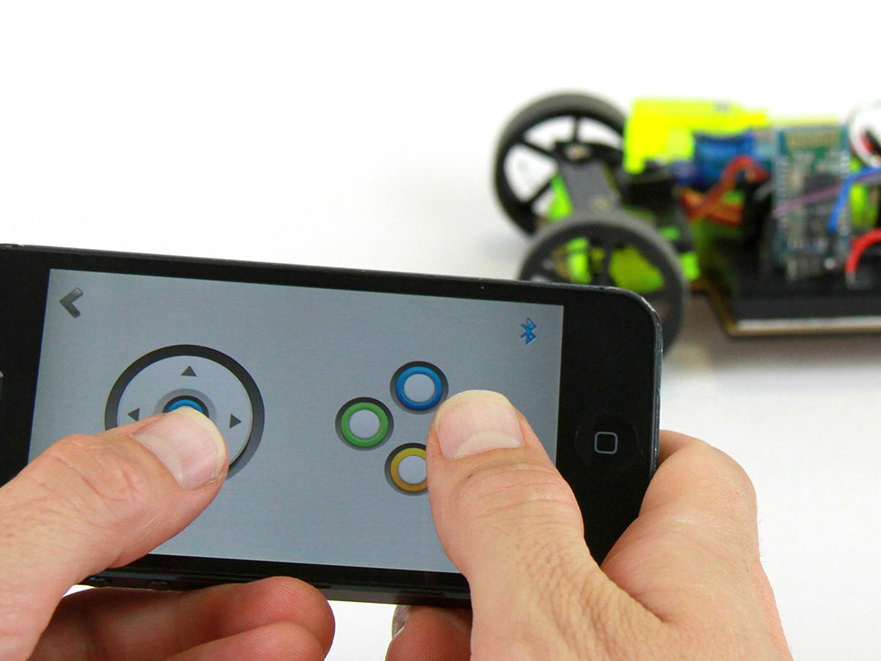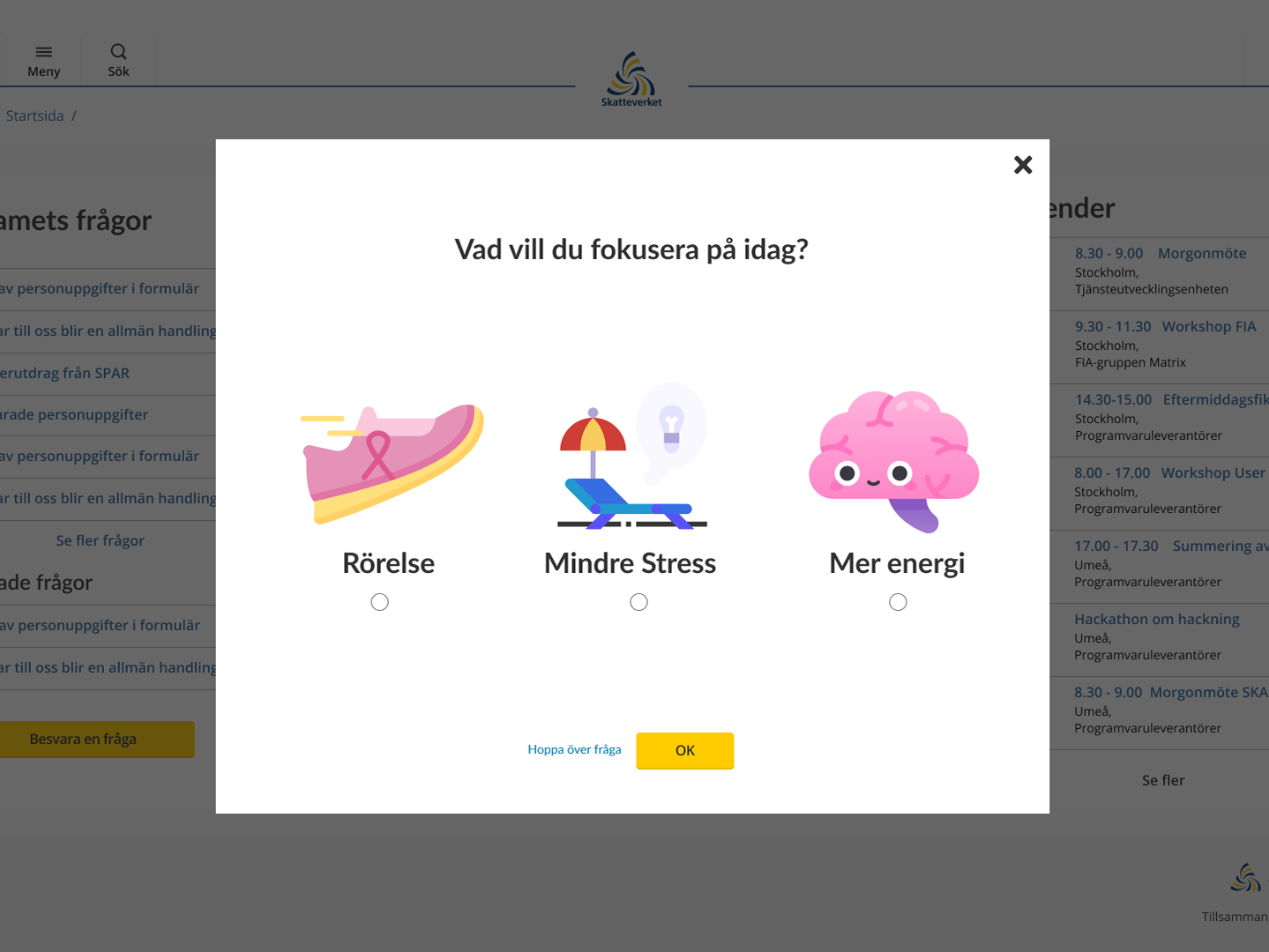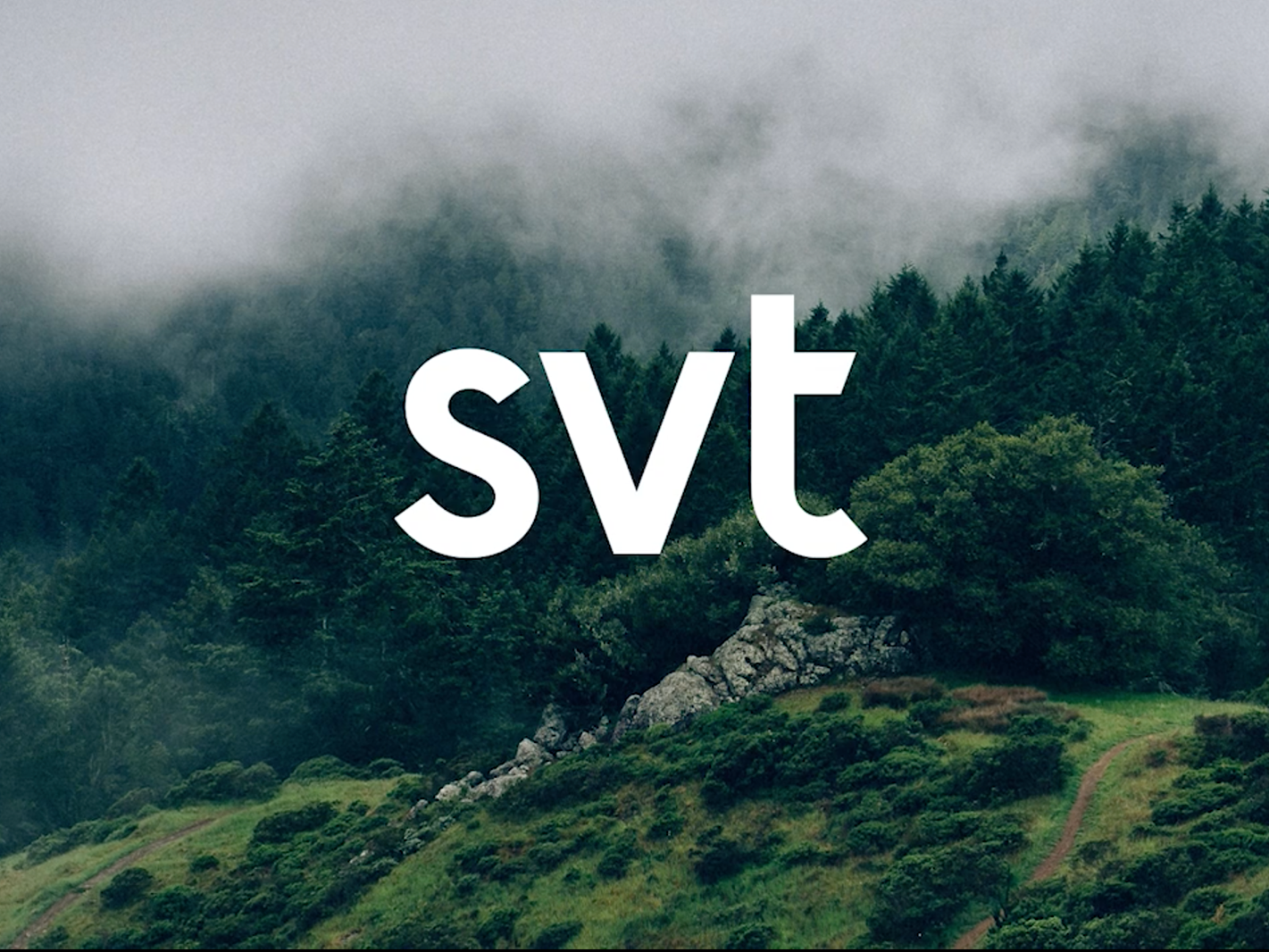Transforming Accenture IF's Event Booking System:
A UX/UI Case Study
A UX/UI Case Study
Project Overview:
Accenture IF, a sports organization, faced challenges in managing event signups and booking time slots. These issues included handling numerous email signups, late cancellations, rule-breaking, and manual management of Padel bookings.
The Problem:
Accenture IF encountered several issues with its existing event booking system, including:
Inefficient Event Management: Overwhelmed by hundreds of email signups for events, the organization lacked a streamlined process for managing registrations.
Late Cancellations and Underutilized Time Slots: Late cancellations and underused time slots created inefficiencies and revenue loss.
Lack of Rule Monitoring: There was no official method for monitoring rule-breaking, making it difficult to enforce booking policies.
Manual Padel Booking: The process for booking Padel slots was exceptionally manual, burdening the responsible person.
My Role: Shaping Change:
I joined the project at a crucial midway stage, where an early prototype existed, but the design direction was still in the formative stages. Leveraging my experience in mobile applications and design systems, I took on the role of reshaping the project's design trajectory. My contributions included:
Design Studio Workshop: Co-planned and facilitated a design studio workshop to align the team's vision and goals for the project.
User Interviews: Conducted user interviews to gain insights into the pain points of the existing system and understand the users' needs and preferences.
Prototyping: Developed a range of prototypes, starting from initial lo-fi sketches on paper to pixel-perfect UI designs in Figma. These prototypes aimed to address the identified issues and enhance the user experience.
User Testing: Integrated user testing into the design process, gathering valuable feedback and making iterative design improvements based on user insights.
A few examples of competitor analysis and inspiration for booking and cards.
Methods & Way of Working
Our methodology was deeply rooted in user-centricity and collaboration:
- Interviews and user testing were conducted with key stakeholders and current users to gain essential insights.
- We engaged in workshops employing design studio techniques, including lo-fi sketching and dot-voting.
- Collaborative mob design sessions were held with the project team.
- Prototypes were meticulously crafted in Figma, evolving from early sketches to designs ready for development.
- Documentation from workshops, design studios, sketching sessions, and dot-voting played a pivotal role in guiding our design decisions.
- Working closely with developers made editing ease as a breeze and was overall a great fun project to work with.
Documentation from a workshop with the team, design studio, sketching and dot voting were some of the methods used.
Part of the process; halfway into the project we redesigned the flow and sketched various examples where we together with the team and stakeholders decided on a way forward.
Part of components from our Design System
Working with deliverables, ready for development
Results: Transforming the Experience
The app quickly earned a lot of appreciation within the organisation winning prices for its creation. The first release hit app store just in time for the holiday season 2023 and as of summer 2025 the app handles all the events within the organisation. Everything from weekly Padel sessions to larger events like ski-trips, hiking or vasaloppet with over 100 attendees. It has made a drastic improvements on a lot of areas:
- Saved time for organisers of events due to the simplified booking saving hours a week in management.
- Made more spots available since late bookings are now available to grab and not "stuck in someones inbox."
- Made information sharing regarding events super easy with push notifications
To experience the app's look and feel, please navigate through the interactive prototype in Figma.

